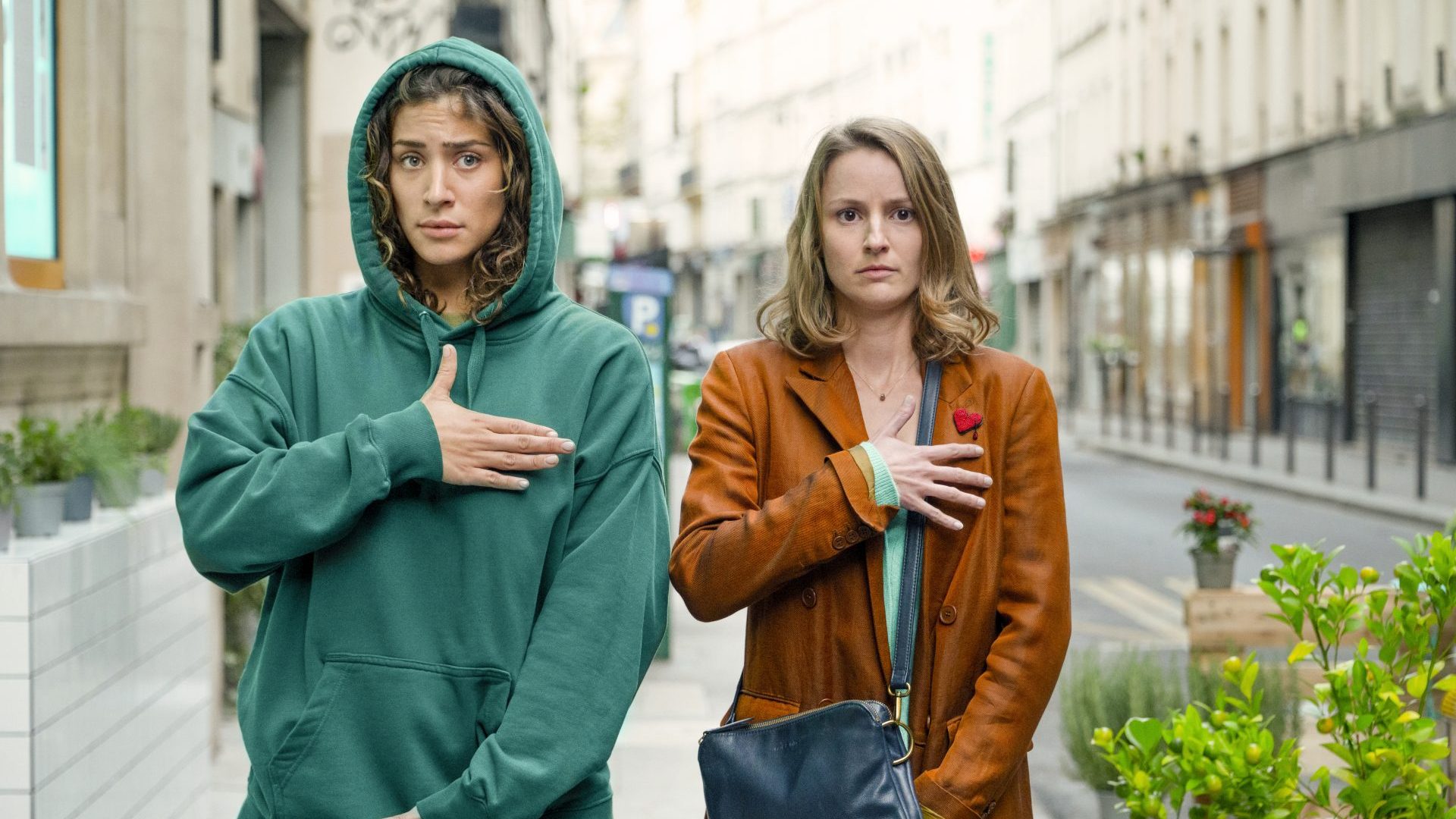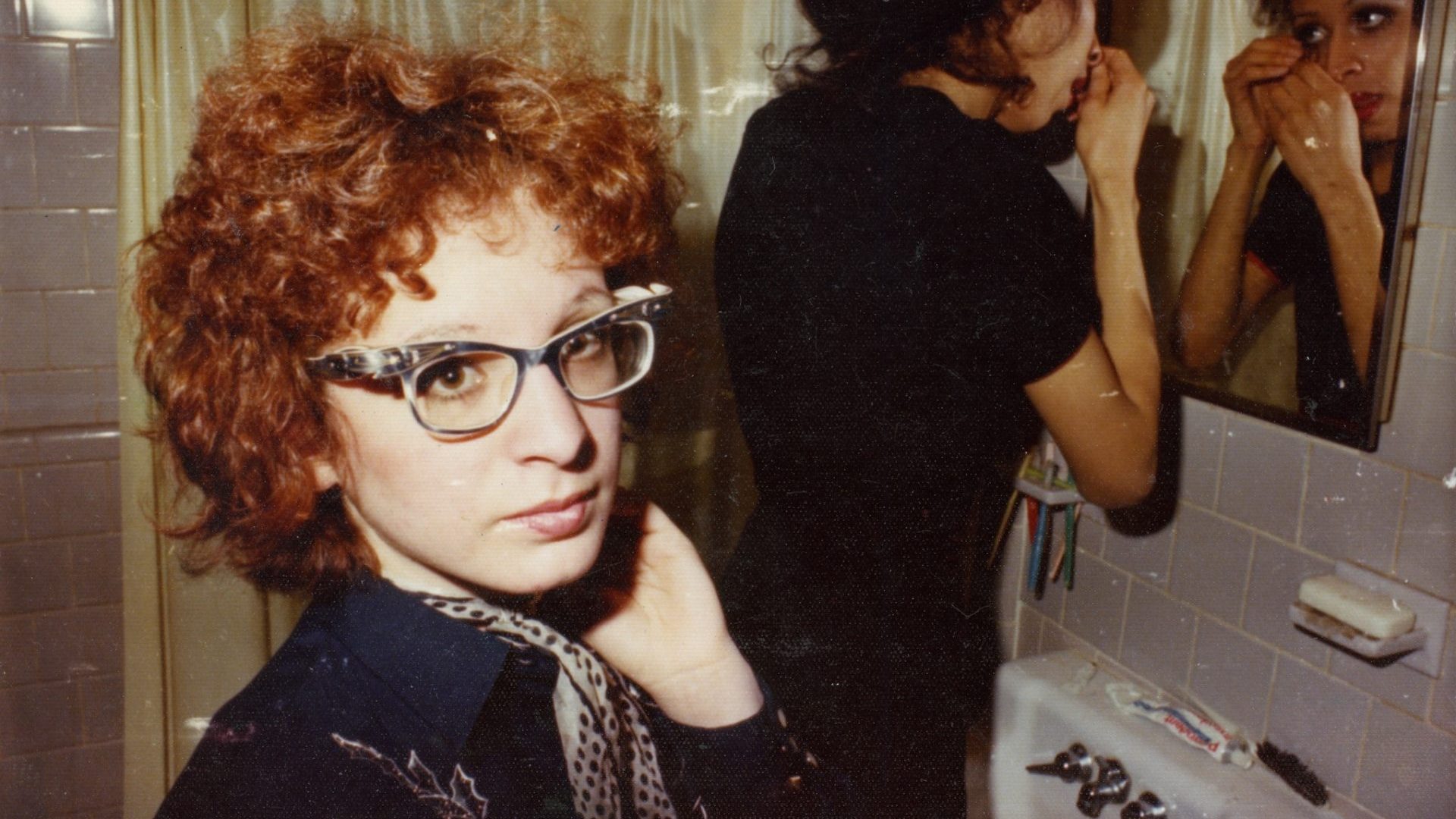My younger brother has a colourful array of words to describe my generation. Ever obliging, I often answer to the title of the “avocado-munching liberal-leaning Gen-Zer” (and I don’t even like avocados that much). Try as I might to break the news to him that we are, in fact, part of the same generation, the information doesn’t appear to get through and so begin the lectures about the errors of the wokeflake ways. Much like with Léa and Manon, the central characters in Netflix’s new comedy, Off the Hook, or to use its French title, Détox, the message doesn’t compute.
Off the Hook features twenty-something roommates and cousins Léa (Tiphaine Daviot) and Manon (Manon Azem). Within the walls of their Paris apartment (a rather spacious abode for their financial situation but we’ll overlook that), various life dramas unfold. Léa is obsessed with her ex-boyfriend, utterly convinced he is still in love with her. She logs into his email, keeps tabs on him via social media and, complete with a spy app, stalks him to the point of arrest. “Well, everyone does it, right?” she shrugs, justifying her behaviour as a generational trait. To the non-millennials and Gen Zers who dare to watch Off the Hook — no they don’t.
Manon, on the other hand, is determined to realise her dream of becoming a singer. Reluctantly, she follows the guidance of her misogynistic producer, Diriko (Nicholas Berno), squeezing into a scantily clad outfit and donning a silicon bottom before crowd-surfing into a room full of a half-engaged audience in a vague attempt to impress industry giants. Spoiler alert – the rear enhancement device goes flying, knocking Manon in the face, and videos of the event go viral across social media platforms.
Delusional and desperate, Léa and Manon need a solution and, after a commiseration drinking session, eureka! They’ve got it! Leave modernity behind and embark on technology’s answer to dry January, with no emails, texts, social media and apps for one month. Of course! Smartphones are the root of all their problems.
The premise itself is not flawed. Every Monday, I’m haunted by a purple hourglass notification informing me of my weekly screen time. Equally, my flatmate and I are capable of spending weeks expressing our excitement about the imminent arrival of a new series, only to sit in front of it upon its arrival gawking at our phones. Influencers and medical professionals alike are preaching the virtues of digital detoxing. Off the Hook’s issue, therefore, isn’t that the trope is lost on a modern audience. It’s that it’s poorly executed.
The women adopt what they view as a prehistoric life. Naked and exposed, they whinge around the streets, feeling newly isolated from their contemporaries who walk around eyes down, faces glued to their screens. Meeting points and times are arranged in advance (“I’ve got it, we’ll schedule – like in the 90s!”), they ask other Parisians for directions and commute without their handheld devices. And something curious happens. Their problems do not cease overnight. Léa finds ways to stalk her ex via word of mouth and Manon journeys into her overdraft. Clearly, while smartphones help, the younger generations are more than capable of getting themselves into trouble without their assistance. Who’d have thought it?
As part of this cleanse, Léa checks herself into a technological rebab. Cinematically, envision a French The Hunger Games crossed with Liane Moriarty’s Nine Perfect Strangers and you’re halfway to imaging the bizarre watching that entails. Admittedly, the idea of ninjas chasing inhabitants of this weekend retreat around the woods dressed as social media app icons adds a bit of fun to what makes for otherwise dull watching. Evidently, the comedic bar has been set low.
Back in the metropolis, their families begin to cotton on to this idea of a digital detox. A nephew starts a movement called We Are Not Pigeons, urging his classmates to revolt against big tech. Inspired by her daughter, Léa’s mother decides sixty-something is the new twenty-something and wants more real-life experiences, taking this out on her husband who prefers his experiences online, from chess matches to finding inspiration for small talk.
Resolution is the key to any successful completion of a series. After stumbling through six 30-minute instalments of Off the Hook, a satisfying ending is only fair. But here, watchers are only permitted crumbs. The month-long prohibition is up and the pair’s messy normality simply resumes. The exceptions to this are that Léa has a somewhat fleeting romance with friend Gagan, who runs the local grocery store and agrees to look after their devices during their detox. Meanwhile, Manon makes small strides toward her musical career by performing in front of one of her idols. But, as the box containing the technological goodies is opened, they’re once again glued. Old habits die hard.
Off the Hook misses the mark. Its jokes aren’t insulting in their failings, but the substandard humour makes the series feel less like a comedy and more like a piece of misjudged social commentary. Having said all that, I’d like to make the case for the humble Gen Z-er. Despite what this show depicts, taking away our handheld devices isn’t the equivalent of a lobotomy.
Trust me, the kids are alright, even if this French comedy isn’t.




